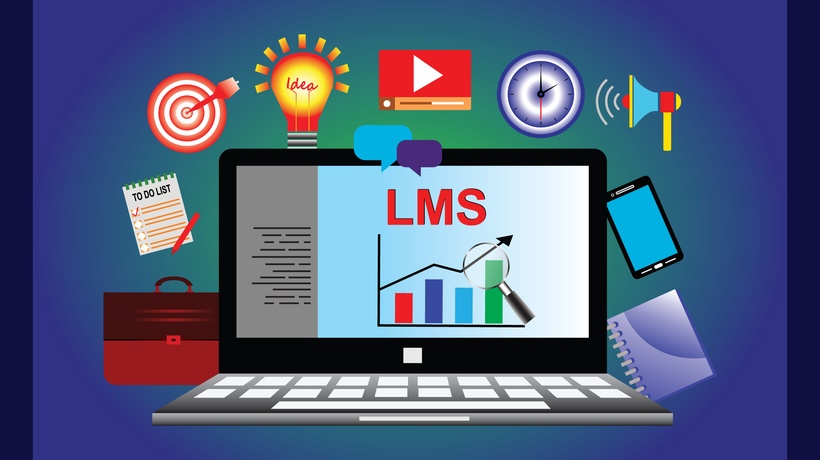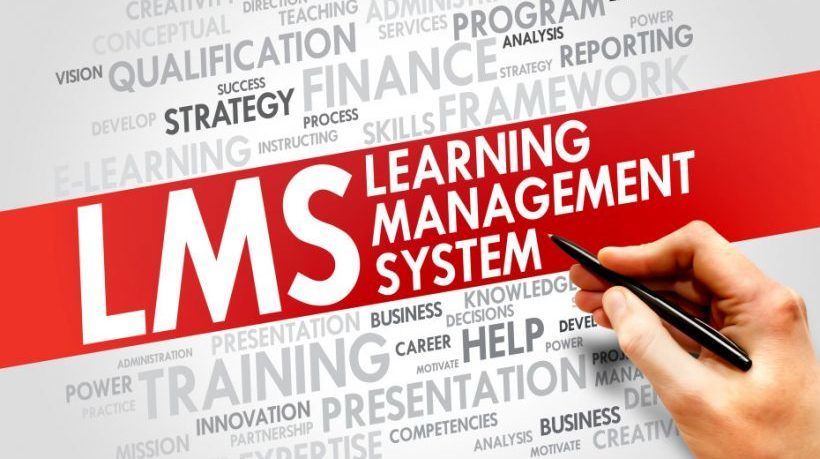Choose The Best LMS For Your Organization With These 10 Tips
Shopping around for new software can be challenging! When it comes to Learning Management Systems, there are so many options on the market; it can be hard to know what to look for to ensure you are picking the best choice for your particular business.
Luckily for you, we’ve got 10 tips on how to choose the best LMS for your organization!
1. Think About The Problems You Are Trying To Solve
The first thing you need to think about before you even start the shopping-around process is what problems are you trying to solve within your business? Are you introducing eLearning, or are you on the lookout for an upgrade for your current LMS? Both these issues will have a different set of problems you are trying to solve, and if you’re looking to swap systems, clearly there is something that’s not working well with your current system. What is that?
Thinking about these problems will help you pinpoint the things you need to look for in your new system. It will also be helpful if you take a demo with your potential new software providers, as you can explain to them precisely what your current problems are, and they can see how they can help!
2. Ask Everyone Involved What They Want
It’s also important to ask everyone who will be working directly with the LMS what they want from the new software. You may know what you would like to see in a new LMS, but other teams around your business could have very different ideas. That’s why it’s essential to have this discussion before you start the shopping process, and make sure that everyone is on the same page!
3. Pick What Your Essential Features Are
The next stage is to think about what your essential features are for your new LMS. Think about the type of eLearning you want to offer and what you want to provide your customers, and this should help you shape this list.
Do you want to offer an extended enterprise experience? Do you want to be able to customize your LMS content? Do you want to be ready to serve an unlimited number of students? Think about everything you need before you start shopping around, and this will allow you to narrow down your potential choices pretty quickly.
4. Read Reviews Online
If you want to find out how good an LMS is, then why not read some reviews and hear from the people who are using it? You can have a look at the review sections on each Learning Management System's website, but you may also want to check out independent software review sites so you can get an impartial view of both positive and negative reviews.
It’s important to get a full picture of what your potential new software is like to use, and getting the inside scoop from current and past customers is a great way to gain some extra insight.
5. Take A Free Trial
If an LMS you like the look of offers a free trial, then sign up and have a play around! See if it’s easy to work, what things you like, and what things you don’t like. Sometimes, you can tell pretty quickly if a piece of software is going to be a good fit for you, and that’s why free trials are always a good idea.
6. Book A Demo
If you want to delve a little deeper into what a Learning Management System could do for you, why not book a demo and get a personalized explanation of the whole system? This is a great chance to delve a little deeper than you can with a free trial, and it also gives you the opportunity to ask any specific questions you may have.
7. Be Realistic About Your Budget
It would be great if we could get everything for cheap, but that’s not the way the world works, unfortunately. You may have an idea of how much you would like to spend on some new software, but is it realistic? You need to take into account all the features you expect your LMS to provide and then research whether you can get anything near that for the money you would like to spend.
If your figures are way off, it’s important to consider which is more important—saving a little money on software costs or not getting the vital features you need to run your eLearning? Think about the return you’ll be getting from the software, and consider that when you plan your budget!
8. Think About Support
Something which you may not immediately consider when you’re looking at a potential new Learning Management System is the level of support that will be available to you when you purchase. If something goes wrong, you will want to get it fixed as quickly as possible, so it doesn’t negatively affect your customers. You also want to know that if you get stuck while using the software, you will have the help you need.
Make sure you look at the level of support they offer, and the different ways you can get in touch with their support team to ensure you pick the perfect option for you.
9. Think About How Your Company Will Grow
When you are planning the perfect software for your company, you may only think about what you want to offer your customers right now, but it’s also vital to think about what you want to provide them within the future. As your business grows, will you want to expand your eLearning offering? Make sure the LMS you are looking at has the potential to grow with your company or you’ll have to do the shopping around process again in a few months’ time.
10. Does It Integrate With Your Other Systems?
The final point you might want to consider is whether your LMS will integrate with other systems that you use as a business. Do you need to pull your LMS reporting data into your reporting system? Do you want your course booking system to work with your LMS so you can manage all your courses in the same place? Take all this into consideration when you’re shopping around, so you don’t make life more difficult for yourself.









